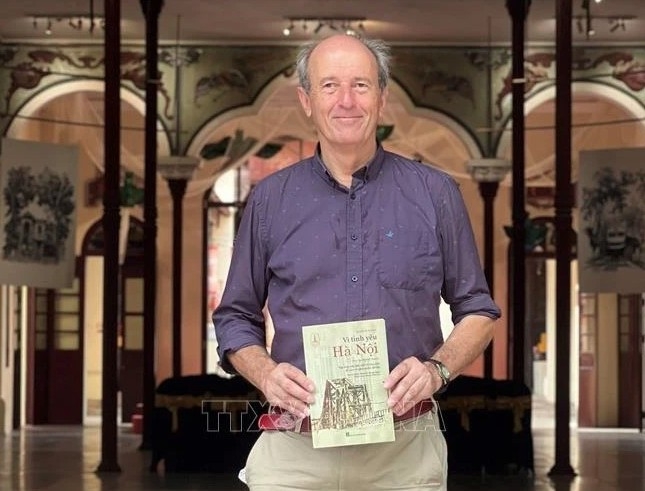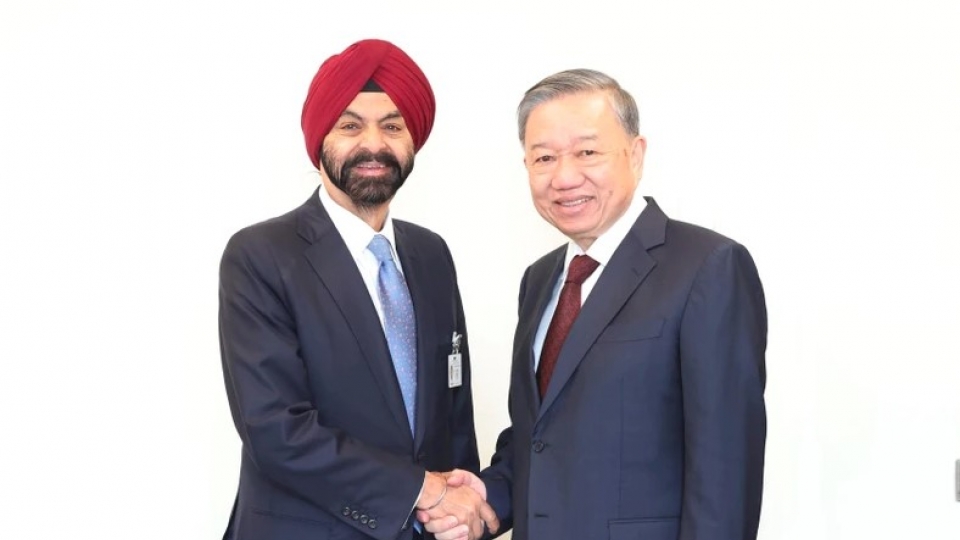Vietnam realises vision of building more dignified and beautiful country
Vietnam’s recent development stands as one of the world’s most remarkable success stories, stated Martin Rama, former World Bank (WB) Chief Economist for the Latin America and Caribbean region, who once worked in the Southeast Asian nation.

He highlighted key achievements that have helped realise President Ho Chi Minh's vision of developing Vietnam into a more dignified and beautiful country.
Rama considered Vietnam one of the most successful models of economic development in modern history. Notably, as the bank’s Chief Economist in Vietnam from 2002 to 2010, Rama directly engaged in supporting many of the country’s key reforms.
He said that Vietnam has demonstrated a strong transformation from a poor country to a middle-income nation with impressive growth, while significantly improving the quality of life for its people across all aspects.
Rama predicted that with its current growth rate—among the highest in the world—Vietnam could join the ranks of upper-income countries within just one generation.
When the WB first measured household consumption in Vietnam using international standards in the 1990s, around 90% of its population lived below the poverty line, but now that figure has dropped to nearly zero, and living standards have improved markedly with progress in education, healthcare, and housing, the economist noted.
Rama expressed pride in his eight years leading the WB’s economic programme in Hanoi and the honour of working closely with the Vietnamese Government on key reforms—including public finance modernisation, WTO accession, banking reform, and the country’s first Law on Social Insurance.
According to Rama, from a closed economy, Vietnam has become a major exporter of rice, coffee, and textiles. Today, technology products like tablets and software make up a significant share of its exports.
He said Vietnam has also taken a unique approach to state-owned enterprises, elaborating that instead of pursuing mass privatisation, the country has allowed state firms to compete while also promoting the private sector.
The “Doi moi” (renewal) process began with a clear declaration that Vietnam is a friend to all nations, even former adversaries, and this spirit of openness enabled Vietnamese people to access the Internet, engage internationally, and collaborate easily with foreign investors and scientists.
As Vietnam marks the 135th birthday of President Ho Chi Minh (May 19, 1890 – 2025), Rama’s reflections take on even greater significance, reaffirming the everlasting relevance of President Ho Chi Minh’s ideology today.
Vietnam’s socio-economic achievements—from institutional reforms to sustainable urban development—clearly reflect the visionary leadership of late President Ho Chi Minh and demonstrate how these core values continue to be upheld and advanced in the new context, he said.




